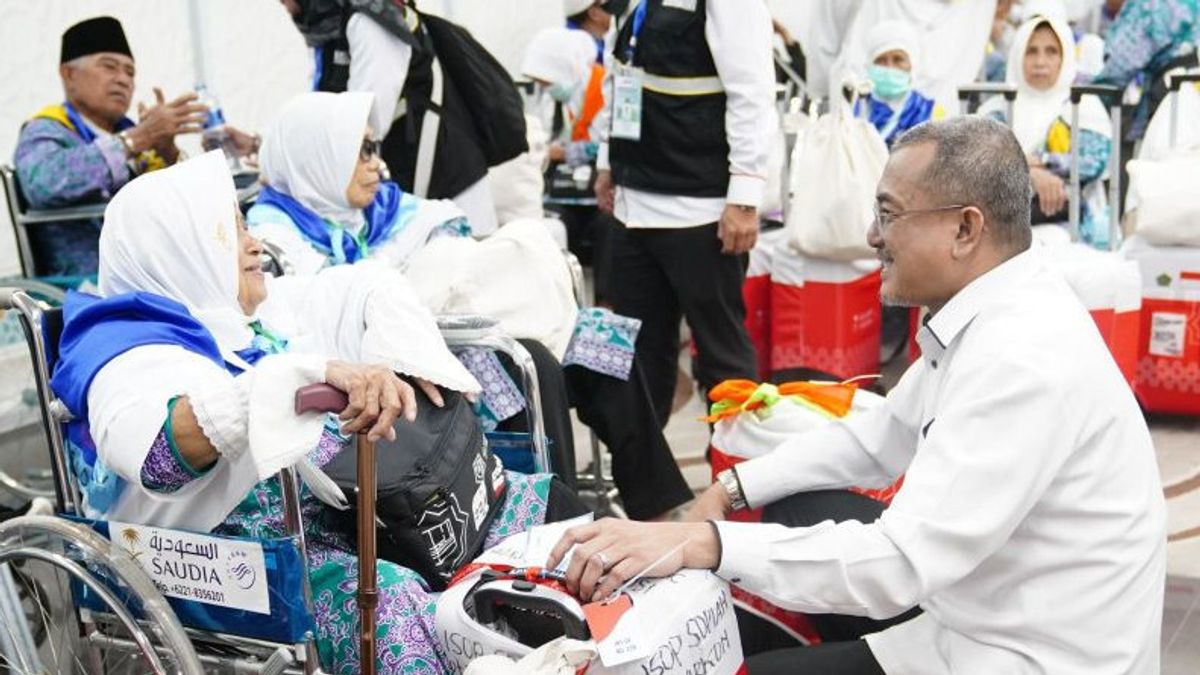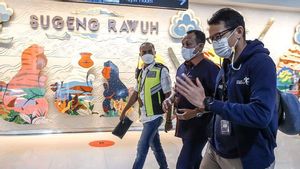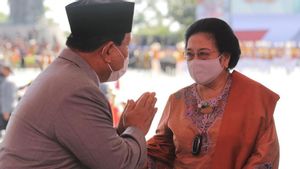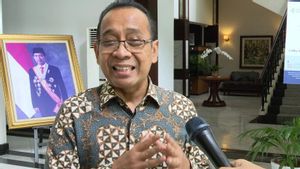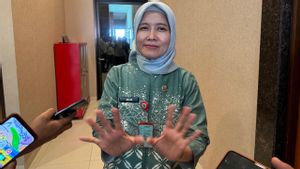The Ombudsman conducts field monitoring in order to ensure the readiness of the Hajj service process at Hajj dormitories and airports.
"We are conducting field monitoring to see the readiness and departure process, including the airport that has a fast track service," said Ombudsman member Indraza Marzuki Rais as reported by ANTARA, Wednesday, May 24.
From the results of temporary observations, he continued, the Ombudsman found a number of minor obstacles that still needed to be corrected.
This, he said, was related to coordination between Indonesian officers, which is a combination of several government agencies as well as coordination constraints between Indonesian officers and Saudi Arabian officers.
"The coordination between Indonesian and Saudi Arabian officers is very crucial considering the existence of fast tracking routes as a breakthrough in this year's Hajj services. Therefore, we urge that improvements be made in the future," said Indraza.
Indraza explained that the Ombudsman had coordinated with the Director General of Hajj and Umrah Organization of the Ministry of Religion, the Hajj Financial Management Agency (BPKH), the Hajj Health Center, the Office of Religious Affairs (KUA), the Regional Office and the Ministry of Religion Office in districts/cities, as well as the Hajj and Umrah Worship Guidance Group (KBIHU).
This, he said, was done in order to obtain data and information on Hajj services from the start of registration or payment, Hajj rituals, Guidelines at Hajj dormitories, departure processes at embarkation airports, Hajj processes in the Holy Land, to the return of (debarkation) pilgrims to the country.
On the other hand, Indraza encourages the Elderly Friendly Hajj Program initiated by the government. He hopes that the program can really facilitate the elderly to worship in peace, security, and comfort.
"Prepared facilities and adequate infrastructure as well as the competence of human resources as a companion to the elderly pilgrims must be ensured," said Indraza.
Indraza highlighted the one-stop service at the Hajj embarkation and Hajj dormitories between departure and repatriation. He reminded the readiness of facilities and infrastructure, human resources, as well as other supporting facilities, considering the different conditions in each Hajj dormitory.
"It is hoped that one-stop services can be implemented properly in all Hajj dormitories by taking into account the needs of the elderly and disabled," said Indraza.
The one-stop service system, explained Indraza, has begun to be implemented by the Ministry of Religion with implementation instructions regulated in the Decree of the Director General of Hajj and Umrah Implementation Number 185 of 2023.
また読む:
The services, he said, included final health checks, passport submissions, immigration processes, identity bracelets, delivery of live costs, and others.
Through the one-stop service, Indraza hopes that the pilgrims will no longer be burdened with long administrative procedures during the departure process.
"Thus the pilgrims are no longer burdened with long administrative procedures during the departure process and can get enough time to rest to prepare physically to perform the pilgrimage," he said.
Indraza added that the Ombudsman invites the public to participate in supervising and reporting to the Ombudsman if there are problems regarding Hajj services.
The public can report the problem via call center137 or email to the complaint @ombudsman.go.id.
"The Indonesian Ombudsman opens the widest possible access to the public as service users to submit complaints according to the applicable mechanism," said Indraza.
The English, Chinese, Japanese, Arabic, and French versions are automatically generated by the AI. So there may still be inaccuracies in translating, please always see Indonesian as our main language. (system supported by DigitalSiber.id)
